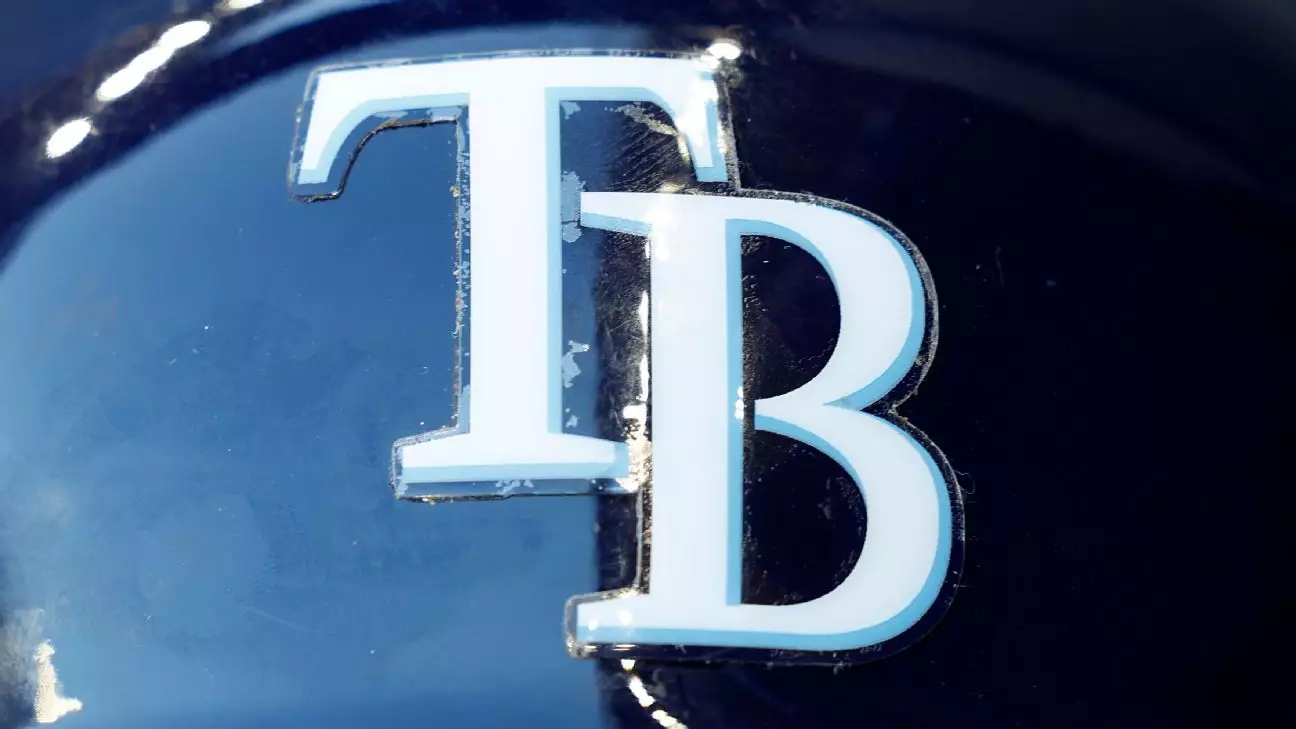Challenges Ahead: The Future of the Tampa Bay Rays and Their Stadium Deal
As a devoted fan of baseball, there’s something uniquely thrilling about discussing the future of your favorite team. Today, we’re diving into the world of the Tampa Bay Rays and their ongoing challenges with their proposed stadium deal. It’s a topic that’s as complex as it is vital to the team’s future, promising twists, turns, and no shortage of drama. As we explore this issue, it’s impossible not to feel the tension between ambition and reality, a dance all too familiar to sports enthusiasts.
For those who have cheered for the Rays through thick and thin, this stadium saga is more than just a logistical hurdle—it’s a personal journey. It reflects the deep connection between a team and its community, one that has been built over years of shared victories and heartaches. But like any relationship, this one isn’t without its challenges. So let’s walk through this path together, understanding the stakes involved and what might lie ahead for the Rays.
Key Takeaways
- The Tampa Bay Rays are facing crucial deadlines for their new stadium project valued at $1.3 billion.
- County officials and team management are at odds over financial responsibilities and timelines.
- The team’s temporary relocation raises questions about long-term commitments to the area.
The Current Situation
The Tampa Bay Rays are encountering significant hurdles in their quest for a new stadium, projected to cost around $1.3 billion. As the deadline for this monumental decision approaches, both anticipation and anxiety hang in the air. This isn’t just a matter of where the team will play; it’s about securing their presence in Tampa Bay for generations to come. The timeline initially set in July is now under intense scrutiny, with every decision carrying immense consequences.
Kathleen Peters, chairperson of the Pinellas County Court Commission, has been vocal about her concerns, formally requesting clarity from team presidents Brian Auld and Matt Silverman. The Rays have expressed hesitation in finalizing deals, preferring to explore other options within the area. This stance has led to uncertainties about the team’s long-term plans and sparked debates over their commitment to remaining in Tampa Bay.
Financial Implications
A major sticking point revolves around financial commitments. The Rays claim they’ve already invested over $50 million into the project but face challenges due to delays in critical bond agreements from the county. Without these bonds finalized soon, aiming for a 2028 opening seems increasingly unrealistic. This delay could escalate costs significantly—a financial burden that Auld and Silverman argue they cannot bear without external assistance.
Peters counters this narrative, suggesting that any potential delays shouldn’t halt progress entirely. She argues that bonds could still be issued by March 31, 2025, shifting financial responsibility back onto the Rays if overruns occur. Her comments highlight an ongoing tug-of-war over who should shoulder these burdens and how future risks are managed.
A Change of Venue
This year brings another complication: Tropicana Field’s damage from Hurricane Milton means home games will relocate temporarily to George M. Steinbrenner Field in Tampa. While it may seem like a simple change of scenery, such moves can affect everything from player performance to fan engagement and sponsorships. This temporary shift not only impacts logistics but also raises questions about where the Rays’ true home should be.
The looming question remains whether this move signals a permanent change or just a temporary inconvenience before returning stronger than ever. With uncertainty clouding decisions at every turn, maintaining fan loyalty becomes even more crucial amidst these transitions.
The Bigger Picture
At its core, this saga is emblematic of broader issues confronting sports franchises nationwide—balancing community ties with financial viability while navigating unexpected challenges like natural disasters or economic shifts. Local authorities such as Assistant County Attorney Don Crowell play pivotal roles in determining what happens next if current agreements fall apart.
Ultimately though daunting today’s obstacles seem; they reflect larger conversations around sustaining successful partnerships between teams & cities across America—striving not only meet expectations on field but also ensure facilities stand up under pressure both fiscal & environmental alike.
Final Thoughts
The Tampa Bay Rays find themselves at an important crossroads where choices made now will shape their identity for years ahead—not just within league circles but also amongst fans whose support remains vital amid uncertainty surrounding potential relocations or renegotiations alike! As we await developments eagerly watching how events unfold next weeks surely pivotal moment unfolding before us all eager see outcome holds promise challenges abound yet hope persists illuminating way forward together united behind beloved team’s quest success amidst adversity!
Tampa Bay Rays stadium deal sports franchise challenges


Leave a Reply